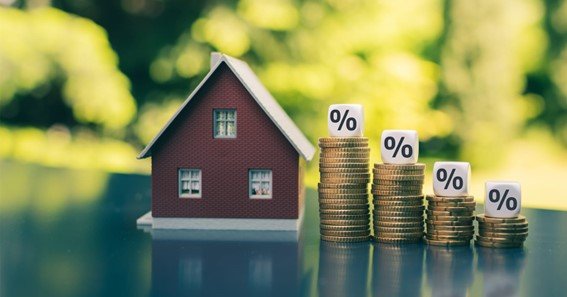Is it Worth Getting a Variable Rate Mortgage?
When it comes to mortgages, there are a lot of different options to choose from. One of the most popular types is the variable rate mortgage, which can be a great option for some people, while others may want to steer clear of it. In this article, we’ll discuss what a variable rate mortgage is, the pros and cons of getting one, and how to decide if it’s right for you. We’ll also take a look at the potential benefits of opting for a fixed interest rate mortgage instead.
click here – Help building financial literacy
What is a variable rate mortgage and how does it work?
A variable rate mortgage is a type of home loan where the interest rate can fluctuate over time. This means that your monthly repayments could go up or down, depending on how the market changes. The main advantage of this type of mortgage is that you could end up making lower repayments if interest rates fall. However, you need to be prepared for the possibility of your repayments increasing if rates go up, which is why it’s important to compare variable rate home loans.
The pros and cons of getting a variable rate mortgage
There are both advantages and disadvantages to getting a variable rate mortgage. Some of the pros include:
- You could make lower repayments if interest rates fall
- You have more flexibility when it comes to making extra repayments
- You can usually choose to make interest-only repayments
Some of the cons include:
- Your monthly repayments could go up if interest rates rise
- It can be difficult to budget for your mortgage repayments if they fluctuate each month
- You may have to pay break fees if you want to switch to a different type of home loan
click here – Tips for choosing the perfect desk for an office
How to decide if a variable rate mortgage is right for you
If you’re thinking about getting a variable rate mortgage, it’s important to weigh up the pros and cons carefully. Consider how much your monthly repayments could increase by if interest rates rise, and whether you would be able to afford this. It’s also a good idea to speak to a financial advisor to get more information about how this type of mortgage would work for you.
The benefits of having a fixed interest rate mortgage instead
If you’re worried about the possibility of your monthly repayments increasing, you may want to consider getting a fixed interest rate mortgage instead. This type of home loan gives you the peace of mind of knowing that your repayments will stay the same for a set period of time, usually between one and five years. This can make budgeting for your mortgage much easier.
For anyone considering taking out a variable rate mortgage, it’s important to consider all the factors listed above, compare your options, and make an informed decision that best caters for your specific needs and circumstances.

